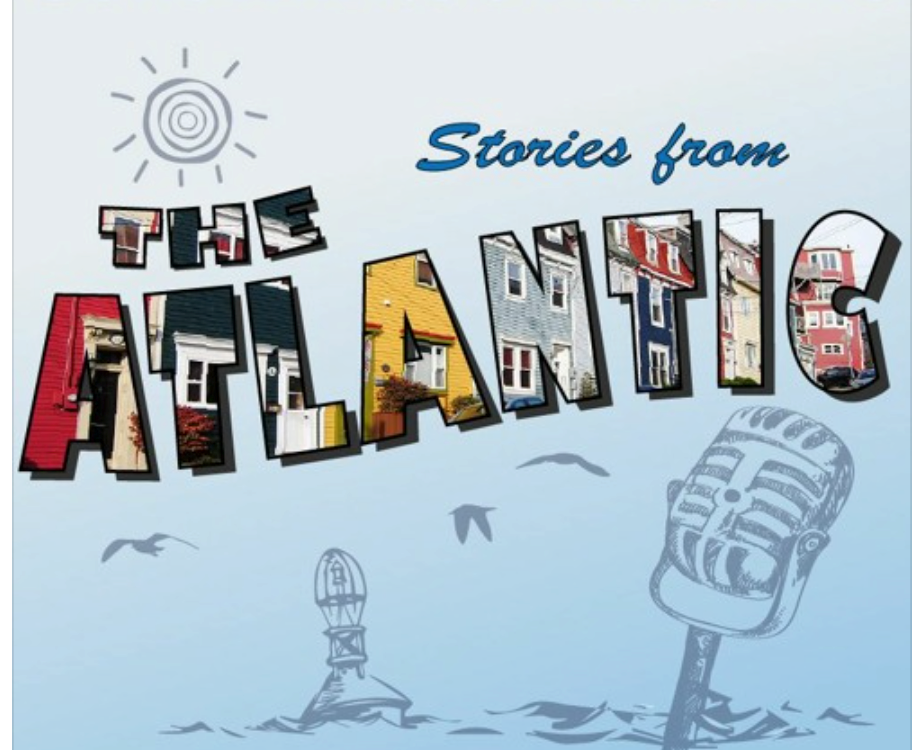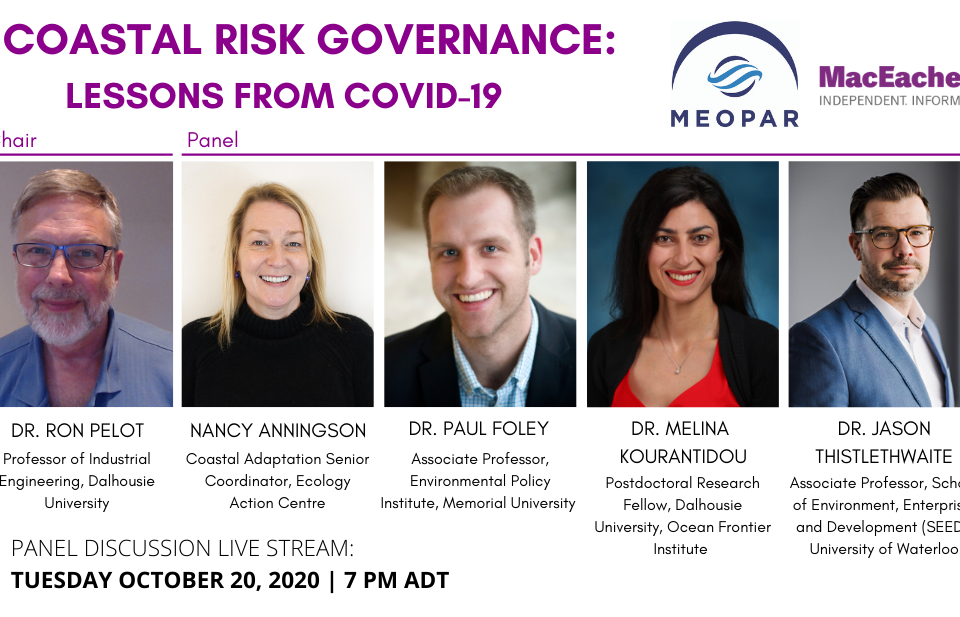
Aldrich Conference Winner – Hope Olusanya
April 11, 2017
Public presentation given at Grenfell Campus from Dr.’s Cunsolo and Neilsen of the Labrador Institute
April 17, 2017In recognition of its fifth anniversary, Grenfell Campus’s Environmental Policy Institute is celebrating its accomplishments.
Five Years in Review was a day-long retrospective event that highlighted the interdisciplinary work conducted by the faculty and staff of the institute, as well as the master of arts in environmental policy students.

Grenfell developed the Environmental Policy Institute in 2012. Its first graduate program, master of arts in environmental policy, was built on Grenfell’s distinctive multi- and interdisciplinary bachelor’s degrees, including environmental studies, sustainable resource management, environmental science and tourism.
Body of knowledge
The Environmental Policy Institute has a lot of successes to celebrate.
Dr. Michele Piercey-Normore, dean, School of Science and the Environment, says the the work being accomplished in the institute is important.
“The research that takes place here is providing much needed guidance to our industries, our governments and our publics,” she said.
“The opportunities for research and scholarly activity are vital for our graduate students as they contribute to the expertise and the body of knowledge being developed through the institute. Indeed, the program addresses directly the need for increased environmental policy capacity provincially, regionally and nationally.”
‘Exciting and relevant’
There are 72 students from 15 countries enrolled in the master of arts in environmental policy (MAEP) program, which is housed within the Environmental Policy Institute. Over the years, graduate students have completed more than 200 research and teaching assistantships. All graduate students also complete a mandatory internship.
During the past five years, 52 internships have been placed in nine nations with close to 30 partners. There is a 90 per cent post-graduate placement rate.
“As we look to the coming years, we do so with a pride in how far we’ve come.”
The talented and diverse researchers and graduate students have generated 65 research projects with 60 partners. More than $2.2 million in funding has been generated, where Grenfell researchers are the principal leads, and another $21 million in projects where they are co-leads.
“As a former director and current faculty member, I am excited to share our accomplishments,” said Dr. Mike van Zyll de Jong.
“Our program is thriving, our research is exciting and relevant and our students are flourishing in industry and in the pursuit of further education. As we look to the coming years, we do so with a pride in how far we’ve come and with a confidence that we will continue to offer excellence in research, teaching and learning, and engagement as it relates to society’s environmental policy issues.”
Five Years in Review
- Completed and ongoing research of EPI faculty and staff research and MAEP student research. Some of the areas of research include risk governance, resource management, human dimensions, community development and Indigenous research. Research partnerships have been established both locally: provincial government, private companies and not-for-profit agencies, and from around the world: international universities and government.
- MAEP internship program. Students have benefitted from internships in municipal, provincial, and federal governments; Indigenous groups; tourism, resource management and environmental not-for profits; and industry and agencies.
- Student participation in various policy competitions. Students have worked to develop policies that meet identified needs, including wetland development, economic development, emission reduction, green tourism, climate change and resource management.



